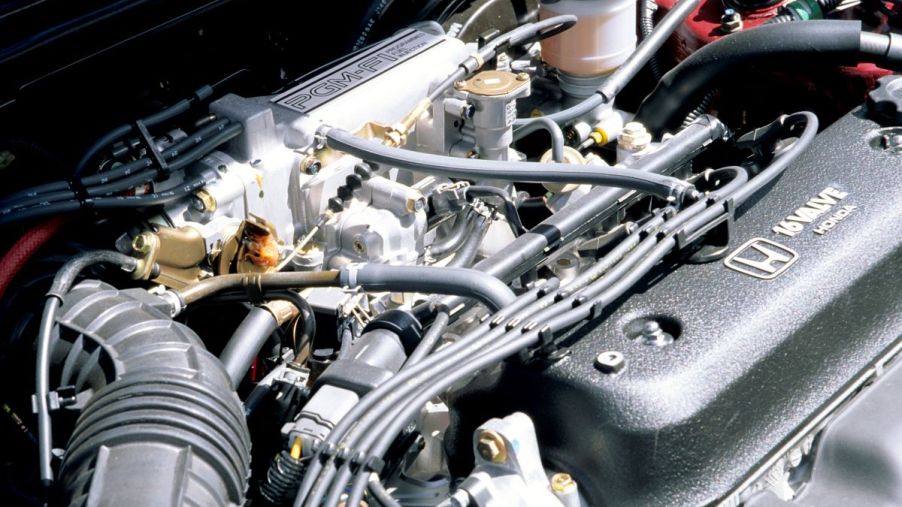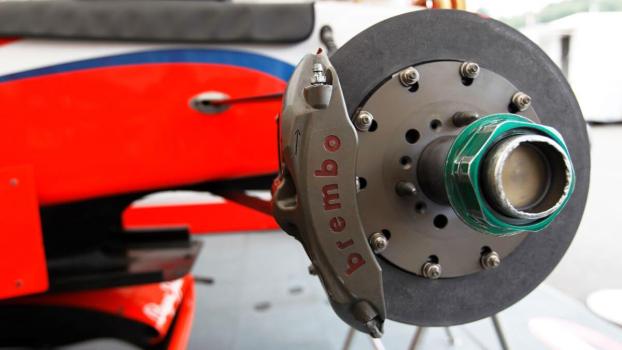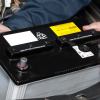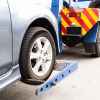
Engine Knock: How to Understand and Prevent Accidental Engine Ignitions
Do you listen to your car when it talks to you? While you should pay attention to how your car sounds, you don’t have to be a “Car Whisperer” to understand when your car needs help. Sometimes your vehicle uses sign language to communicate critical car safety information like low tire pressure or seatbelt warnings. Other times, mysterious noises from the engine compartment, like engine knock, indicate a need for maintenance.
What is engine knock?
There are two main categories of engine knock. First, detonation knock, resulting from improper burning of the fuel/air mixture inside the cylinder, sounds like clicking or crackling. The second category is mechanical knock, caused by worn bearings or other internal engine components, and sounds more like hammering, often accompanied by engine vibration.
What causes knocking?
Concerning detonation knock, The Drive describes the proper burning of fuel inside an engine cylinder as the burning of a Fourth of July sparkler instead of a firecracker’s explosion. Inside your car’s internal combustion engine, spark plugs ignite small amounts of gasoline thousands of times every minute. If everything works correctly, those ignitions happen in a controlled manner. However, if something is out of sync, the fuel could detonate or not burn, resulting in a detonation knock or rough idle condition.
Jiffy Lube and Firestone agree on these common causes of detonation knock:
- Faulty spark plugs
- Low-octane fuel
- Carbon deposits inside your engine
If your car’s engine suffers from detonation knock, check your vehicle owner’s manual for its recommended gasoline octane level, as some cars require premium fuel. Additionally, it might be time for a tune-up by a qualified mechanic.
Scott’s says an internal mechanical knock often results from a low engine oil level. So, keeping the oil topped off is not only a good idea; it could prevent significant engine damage. Other causes of mechanical engine knock include the following:
- Damaged pistons
- Worn engine bearings
- A faulty fuel pump
If you suspect an internal mechanical knock, seek a qualified automotive shop for repair before experiencing complete engine failure.
Other ways your car prevents engine knocking
Modern cars employ a knock sensor to detect knocking caused by pre-ignition or detonation, according to Cars.com. Pre-ignition occurs when the fuel inside the cylinder fires before it should, a condition called “out of time.” A car’s computer uses the knock sensor data to adjust the engine’s timing for optimum performance, fuel economy, and cleaner emissions.
Newer cars employ sensors to monitor nearly every conceivable system. The data they send to the computer controls such things as the amount of fuel delivered to each cylinder, transmission shifting, and engine cooling, to name a fraction of the mechanical controls alone. While helpful, those sensors often fail and become another source of the check engine light and weird noises from under your car’s hood.
Sometimes you’ll hear a random knock or ticking sound from your car while driving. Usually, the noise you hear one time is safe to ignore as long as your car still operates as it should. However, if your vehicle is consistently knocking, clicking, or shining its check engine light, it’s trying to tell you it needs help. You should listen when your car talks to you.




